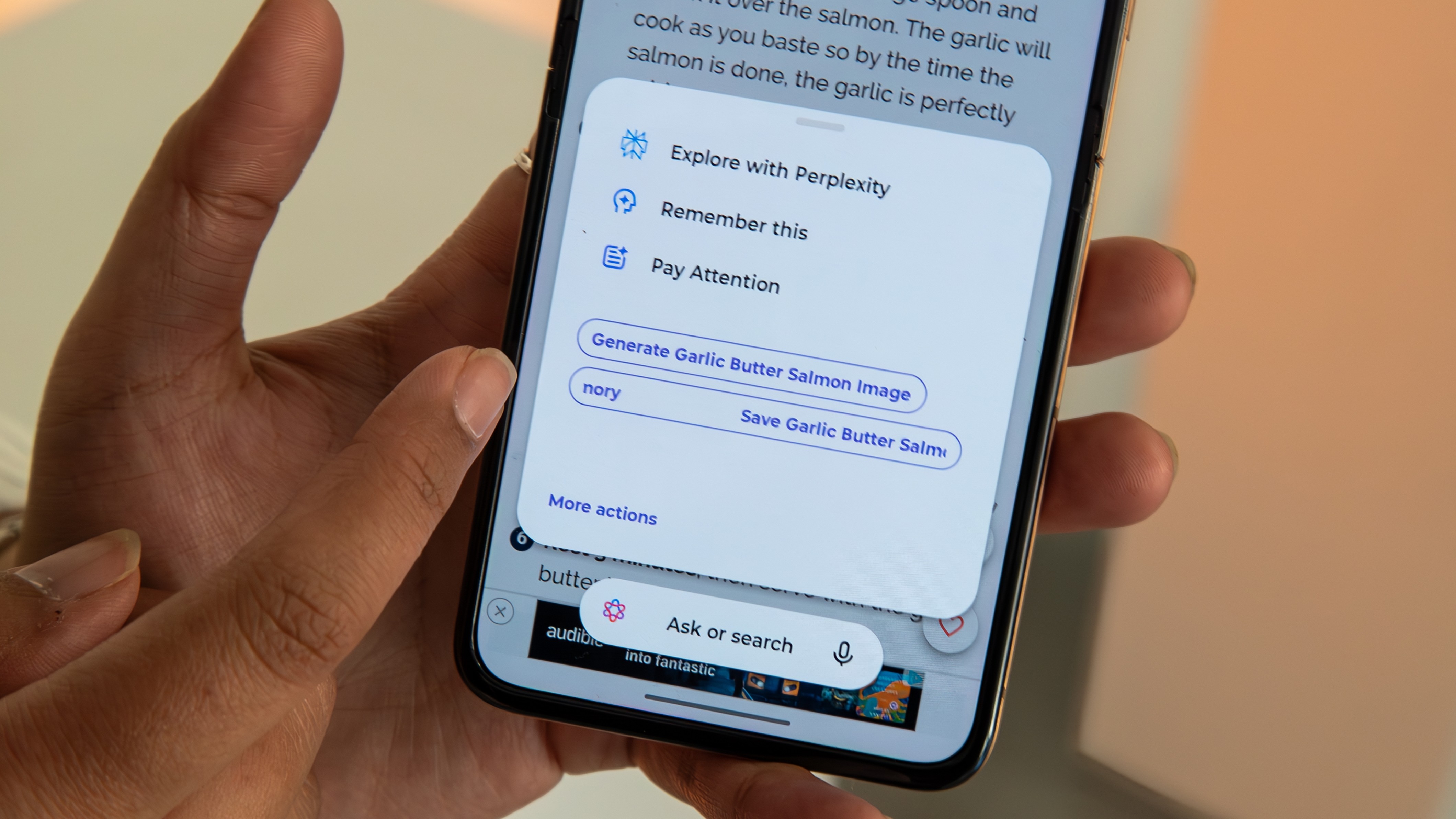Why I'm done with the iPad
The excitement is just gone.
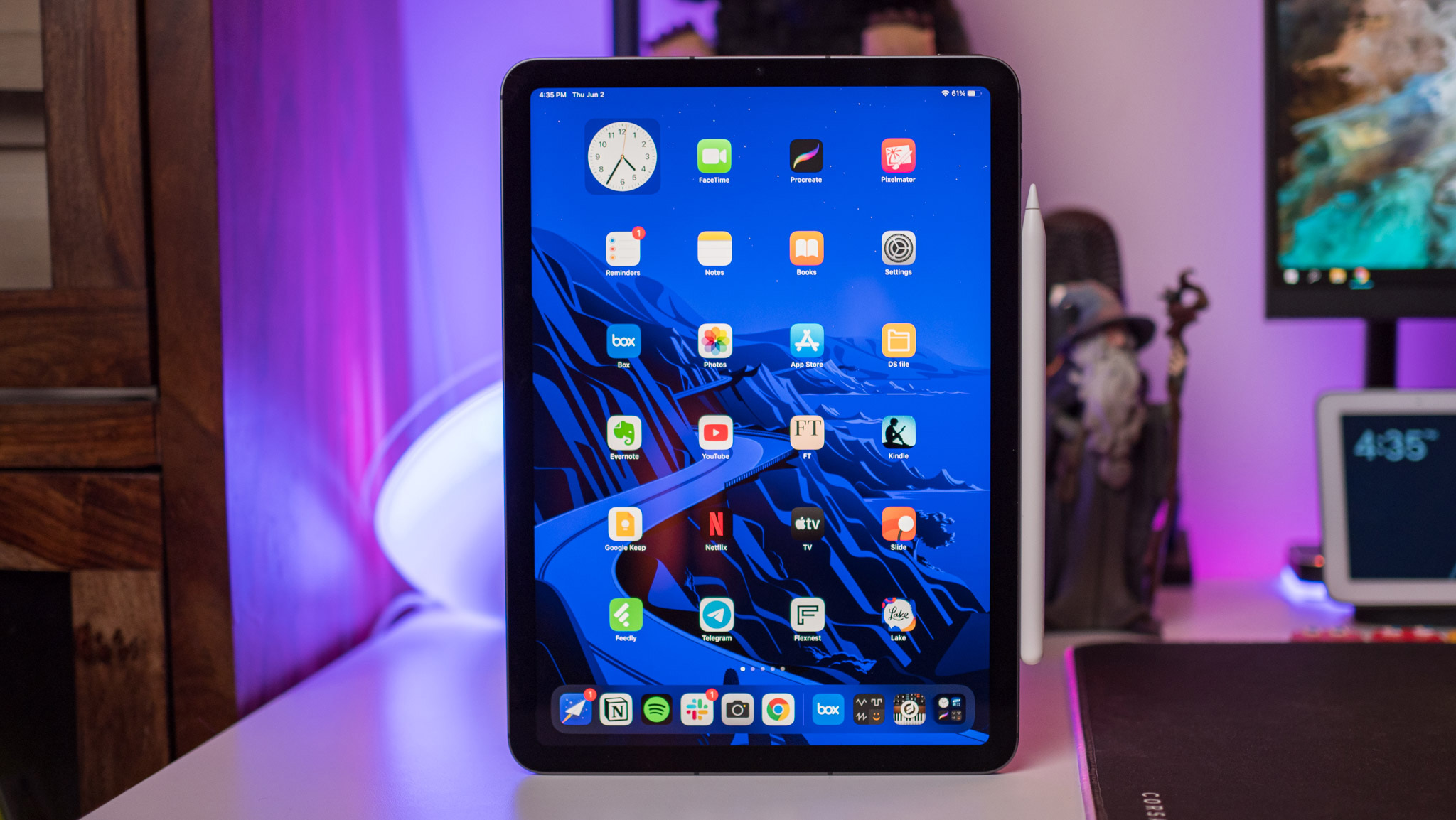
Over the past few months, one could say that I've become a bit more soured on the current state of tech. On one hand, we finally got the Pixel Watch that we've been hoping for, foldable phones are still mind-boggling, and smartphone cameras have never been better. But on the other, I can't help but feel like some companies are "losing their way," so to speak.
Between the podcast and some of my other editorials, I've spoken about my affinity for things like the iPhone, Apple Watch, and the transition to Apple Silicon in the Mac. I'm someone who has feet firmly planted in multiple ecosystems, comprised of Windows, Mac, ChromeOS, Android, and iOS, and I'm even starting to dabble around with Linux (through VMs, for now.) This also extends to tablets, as my beloved iPad Pro used to be something I would carry with me anywhere and everywhere.
Over time, I've started to notice that instead of bringing the M1iPad Pro with the Magic Keyboard, I'm more content to just make sure I have the Galaxy Z Fold 4. This way, I'm prepared to handle anything that might need my attention for work. Even with the cramped screen (compared to the iPad Pro,) the Fold 4 has proved to be more than enough.
iPadOS 16 was supposed to save the day
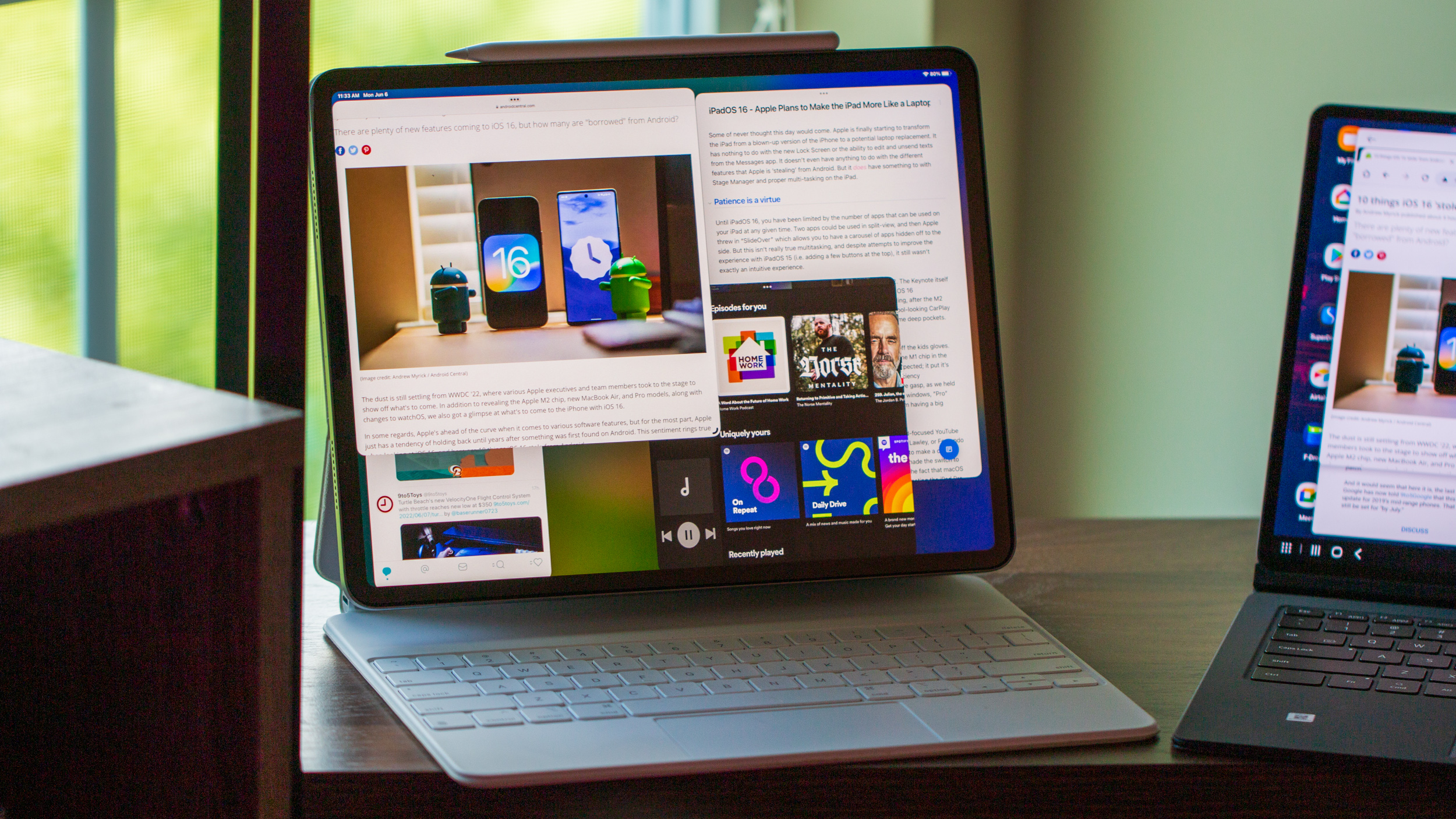
The problem is that unless you're someone who works in one, maybe two apps at a time, iPadOS just isn't conducive to being the tool that it should be. I've quietly been in the camp that Apple needs to revamp iPadOS to bridge the gap between "a big iPhone" and the Mac.
So needless to say, when iPadOS 16 was first introduced at WWDC '22, my excitement for the iPad was reinvigorated. Instead of using apps in split-screen, with a third available through "Slide Over," Stage Manager looked to be the multitasking overhaul that I've been wanting. As is the case with pretty much every new beta software that arrives, I immediately jumped on the first iPadOS 16 developer beta.
With Stage Manager, instead of using two apps side-by-side, you could have four different "floating" app windows open at any given time. You can even group different apps together, creating different workspaces, not so different from using different "desktops" on the best Chromebooks. Apple even brought true external display support, allowing you to have a total of eight apps open across both the iPad's built-in screen and whatever monitor you plugged it into.
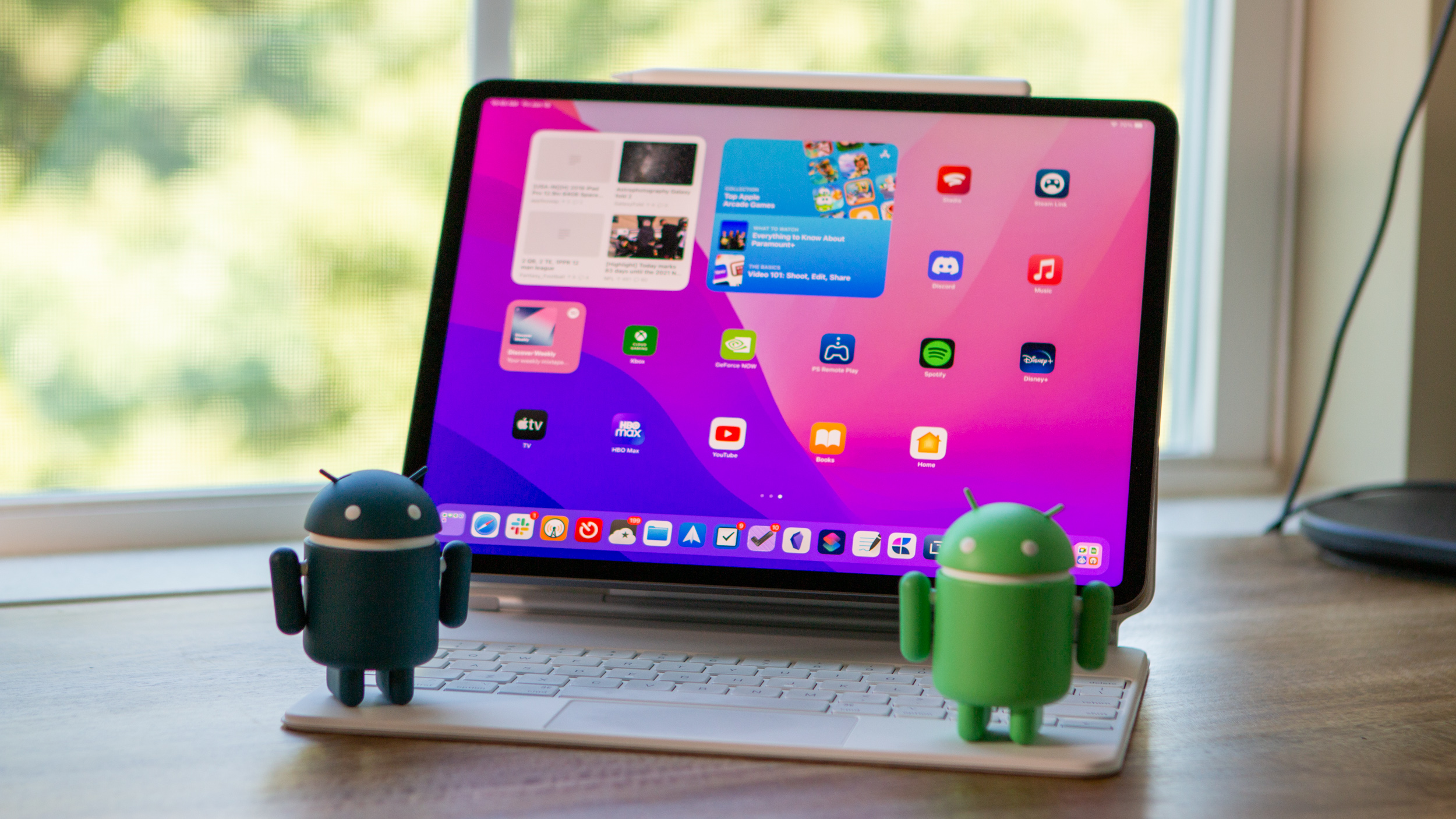
Unfortunately, the execution was less than ideal. If you ignore the various bugs that iPadOS 16 has introduced, such as the inability to easily add another app or window, Stage Manager has still proven to be quite cumbersome. Each app on the screen can be resized, but there are undefined and predetermined "grids." And while it's technically possible to go for a 4x4 layout, more often than not, you're still going to be dealing with overlapping windows in some form or fashion.
Be an expert in 5 minutes
Get the latest news from Android Central, your trusted companion in the world of Android
If you instead focus on the bugs, there have been countless issues with iPadOS 16, with some positing that Apple should nix the idea altogether, and go back to the drawing board. Apple has spent too much time, money, and resources to give up on Stage Manager, so now, we just have to wait and hope that things are "fixed" in a way that we expect to see from Apple.
Apple should look to Samsung for guidance
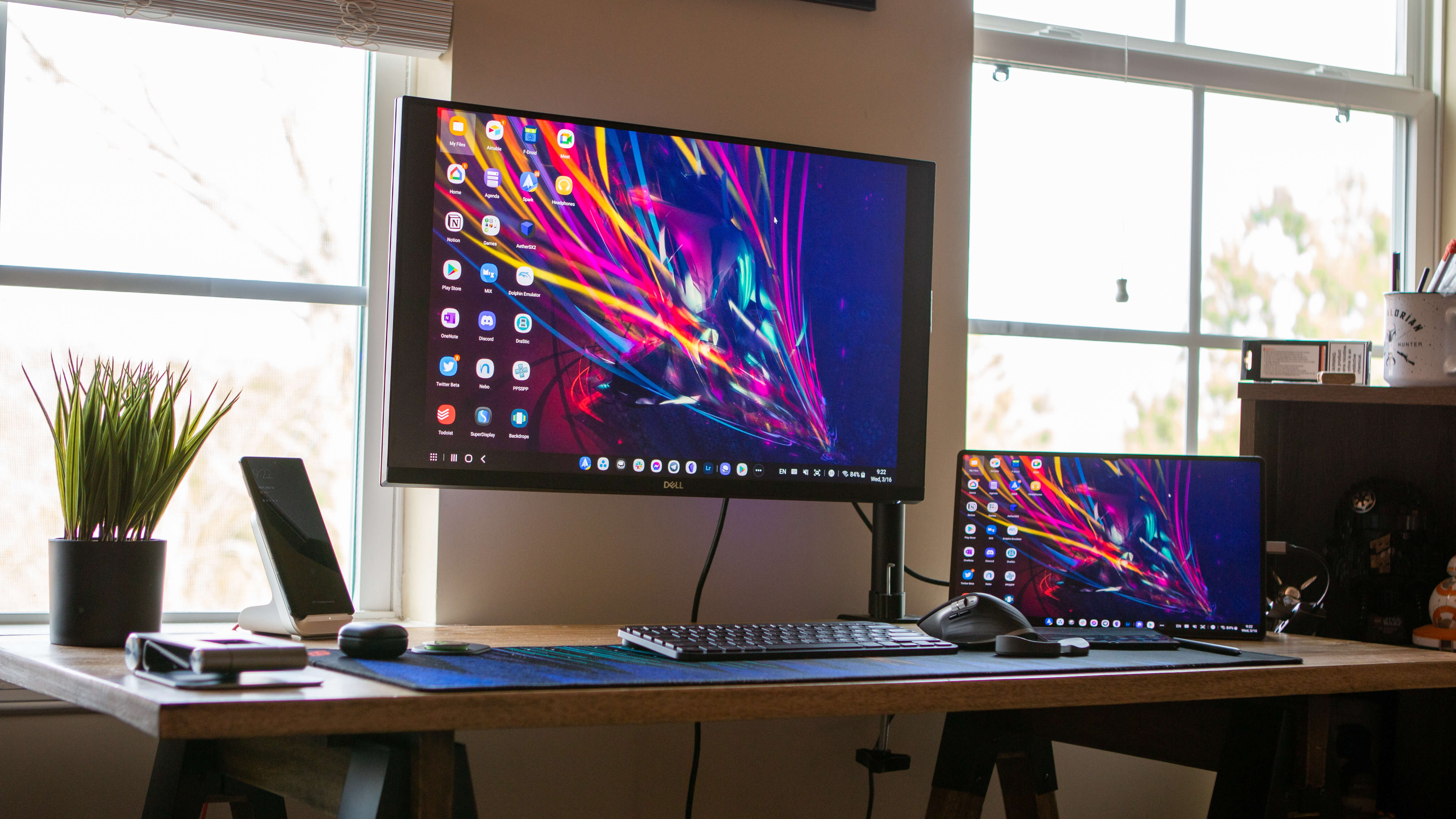
As my needs as a writer and editor have grown, the further I've moved away from using the iPad as a regular content creation device. There are others in the Apple space, namely Federico Viticci of MacStories and Christopher Lawley, who have been (and still are) able to basically make their iPads do whatever they want.
Tried Stage Manager on iPadOS 16.2 beta 1. You know the drill:- Windows still randomly cover the dock - Magic Keyboard still not working for me with QuickType enabled- External display features unchanged from earlier betas- I got this after 2 minutes: pic.twitter.com/1jkHJuw2nuOctober 25, 2022
But instead of giving myself a constant headache, and slowing down my entire workflow, I've taken a different approach from the two individuals mentioned. There have been a couple of different devices that have replaced my beloved iPad Pro for getting work done, while I wait to see what Apple is going to do.
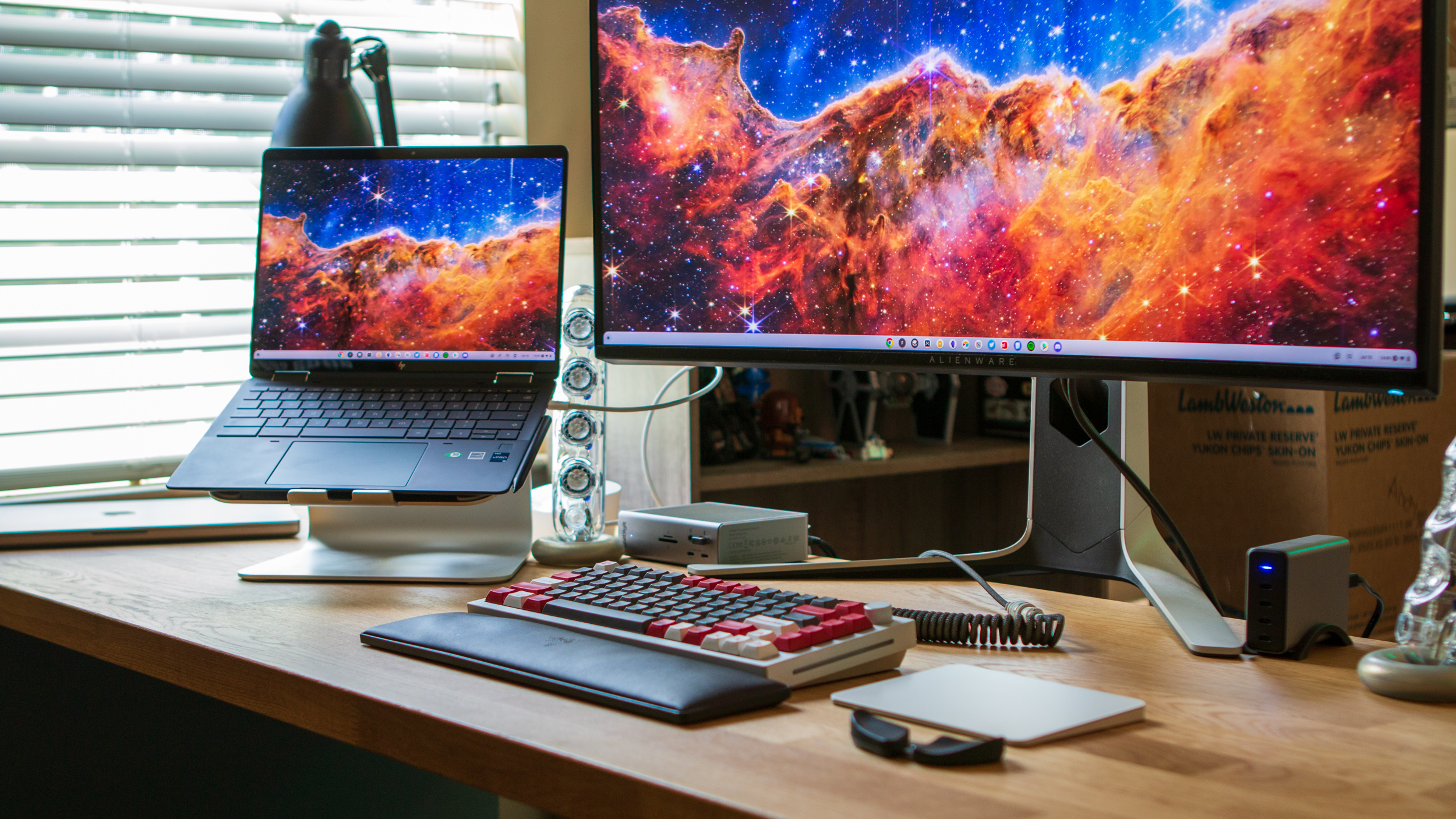
You'll probably notice that I review quite a few of the best Chromebooks, along with a few Android tablets here and there. And that's where my focus has been instead of trying to make my device do something that it can't. ChromeOS has evolved to the point where it's not "just for classrooms anymore," while one of the best Android tablets, in particular, continues to spark joy in me.
At this point, I don't know if Apple can save iPadOS and "fix" Stage Manager, but it should look to Samsung DeX for some inspiration.
If Apple really wants to fix iPadOS and bring true multitasking capabilities to its users, it needs to look no further than Samsung. The Galaxy Tab S8 Ultra, with its massive laptop-like screen, can transform from a boring Android tablet into a usable portable workstation thanks to Samsung DeX. Freely-adjustable app windows and a desktop interface that is essentially the same as macOS or Windows is just what the doctor ordered.
Samsung DeX is not perfect, by any means, as some apps still won't work at all, until you go back to the "normal" interface. It's miles ahead of what the iPad is capable of, even if Apple's silicon continues to be incredibly powerful.
There's still hope, but I'm done waiting
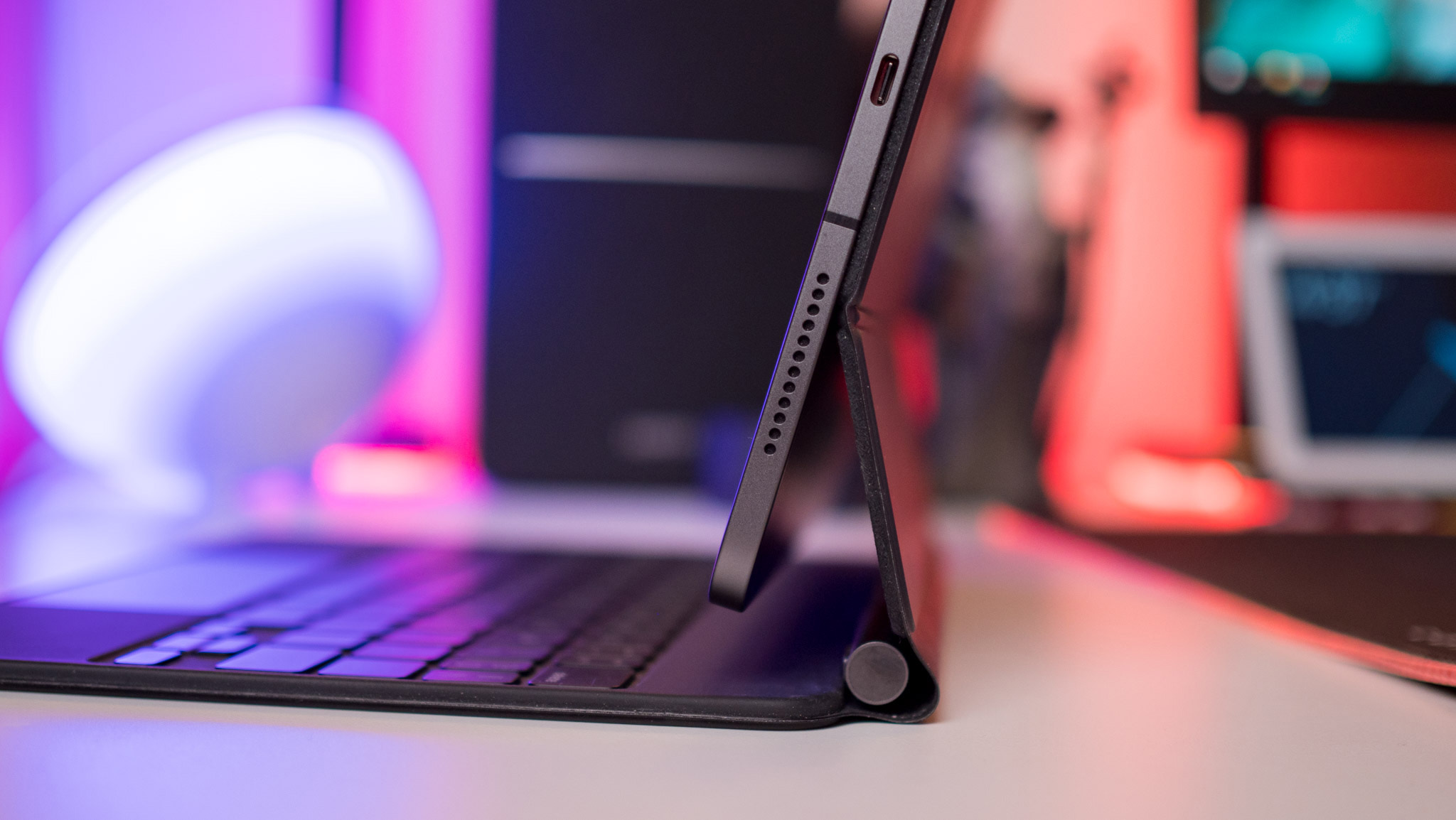
What good is the best processor in a mobile device, if its true potential can't be realized because of software limitations? That's where we're at with the iPad, and it's why I'm done waiting for Apple to figure it out.
I've been a proponent and a fan of the iPad ever since Steve Jobs took the stage and debuted it back in 2010. There have been times when the iPad has grown stagnant, only for a major redesign or screen improvement to kick things back into gear.
However, seeing that the M2 iPad Pro was introduced through a press release, bringing with it no new or exciting changes, except for more promises to be broken, it's just time to move on. I'll still be keeping an eye on what iPadOS has to offer, but my iPad Pro is now just being relegated to acting as another screen for my MacBook Pro.

Andrew Myrick is a Senior Editor at Android Central. He enjoys everything to do with technology, including tablets, smartphones, and everything in between. Perhaps his favorite past-time is collecting different headphones, even if they all end up in the same drawer.
